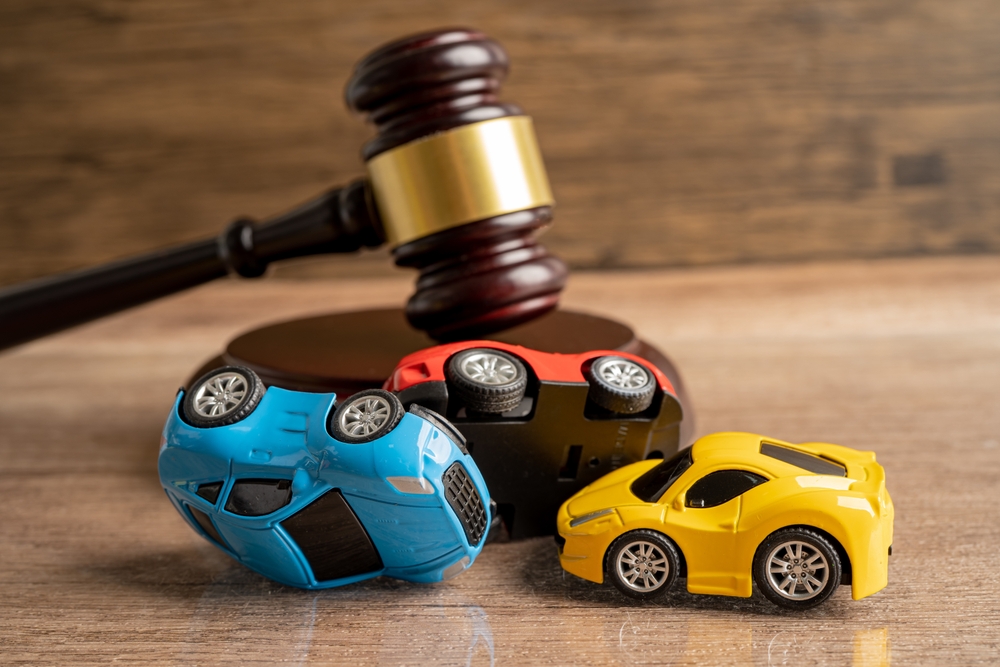Car accidents can be overwhelming and confusing, but taking the right steps to protect your legal rights and avoid costly consequences is crucial. Gathering evidence, notifying insurance, and seeking medical attention can significantly impact your case. Knowing what to do and avoid after an accident can help safeguard your health, finances, and future, putting you in a stronger position for any legal or insurance issues.
Why Acting Quickly Matters
In the immediate aftermath of a car accident, the actions you take can significantly influence the outcome of your case, both medically and legally. Every year, millions of accidents occur on the roads, and the difference between a smooth resolution and a drawn-out ordeal often comes down to how swiftly and smartly those involved respond. Time is of the essence because evidence can be lost, witnesses may leave, and crucial details could fade from memory just minutes after the incident.
As early as possible, connecting with professionals and experts, such as those at Sloan Law Office, can set you on the right path and help you avoid common pitfalls. The site provides resources and recommendations for accident victims, emphasizing the importance of prompt reporting and careful documentation.
First Critical Steps at the Scene
Assess injuries immediately and call emergency services if necessary. Move vehicles out of traffic if operable to prevent secondary accidents and injuries. Turn on hazard lights, set up warning triangles, and remain calm to avoid escalating the situation. Maintaining composure allows for clearer thinking and confident handling. Check passengers and drivers in all vehicles involved to prevent confusion and assist emergency personnel. Quick thinking at the scene, such as moving to a safer location, can avert additional collisions or misunderstandings with bystanders or law enforcement. Real-life cases show that quick thinking at the scene can avert additional collisions or misunderstandings.
Gathering Evidence and Information
Gathering comprehensive evidence is crucial for preparing for questions from police, insurance adjusters, or attorneys. Take photos of vehicles, collect names, phone numbers, addresses, and insurance details for drivers, passengers, and witnesses. Document each vehicle’s make, model, and color, and note license plate numbers. Ask witnesses for brief statements and jot down contact information: record weather conditions, traffic patterns, and nearby construction or hazards. Gathering too much information can expedite insurance claims or support legal proceedings. Cell phones make it easy to snap photos and take notes without delay.
Reporting Your Accident Properly
After managing immediate concerns, it’s crucial to report an incident formally. Most jurisdictions require a police report for injuries or significant damage, but even minor collisions can benefit from law enforcement recording important information. An official report can prevent disputes and streamline claims with insurance companies. Failure to obtain a report may make proving your version of events difficult. Requesting a copy is essential for dealing with insurers or legal authorities.
Seeking Medical Attention Even If You Feel Fine
Many people leave accident scenes with minor injuries, only to experience severe pain and stiffness. Prompt medical evaluations are crucial for early identification and documentation of injuries. Documentation, such as doctor’s instructions, X-rays, or diagnostic images, can be vital evidence for insurance claims and legal complaints. Prompt evaluation can speed recovery and prevent minor issues from becoming long-term problems.
Working With Insurance Companies
After an accident, your insurance company may request your account and statements. Focus on the facts and avoid making assumptions about fault. Request copies of statements and correspondence for your file. Sign releases or settlements only after understanding your injuries and damages. If pressured, ask for time to review documents or consult an advisor. Insurers prioritize their business’s bottom line, so be prepared for initial offers that may not fully address your needs. Knowledge is key in this area.
Why Keeping Records Can Make a Difference
To ensure a successful insurance or legal case, maintain a detailed record of every interaction, receipt, and expense from the accident. This includes police reports, medical records, bills, photos, correspondence with insurance companies, and documentation of missed work days, lost wages, or out-of-pocket expenses. This organization allows for swift counterarguments, saving stress and uncertainty in substantiating claims.

